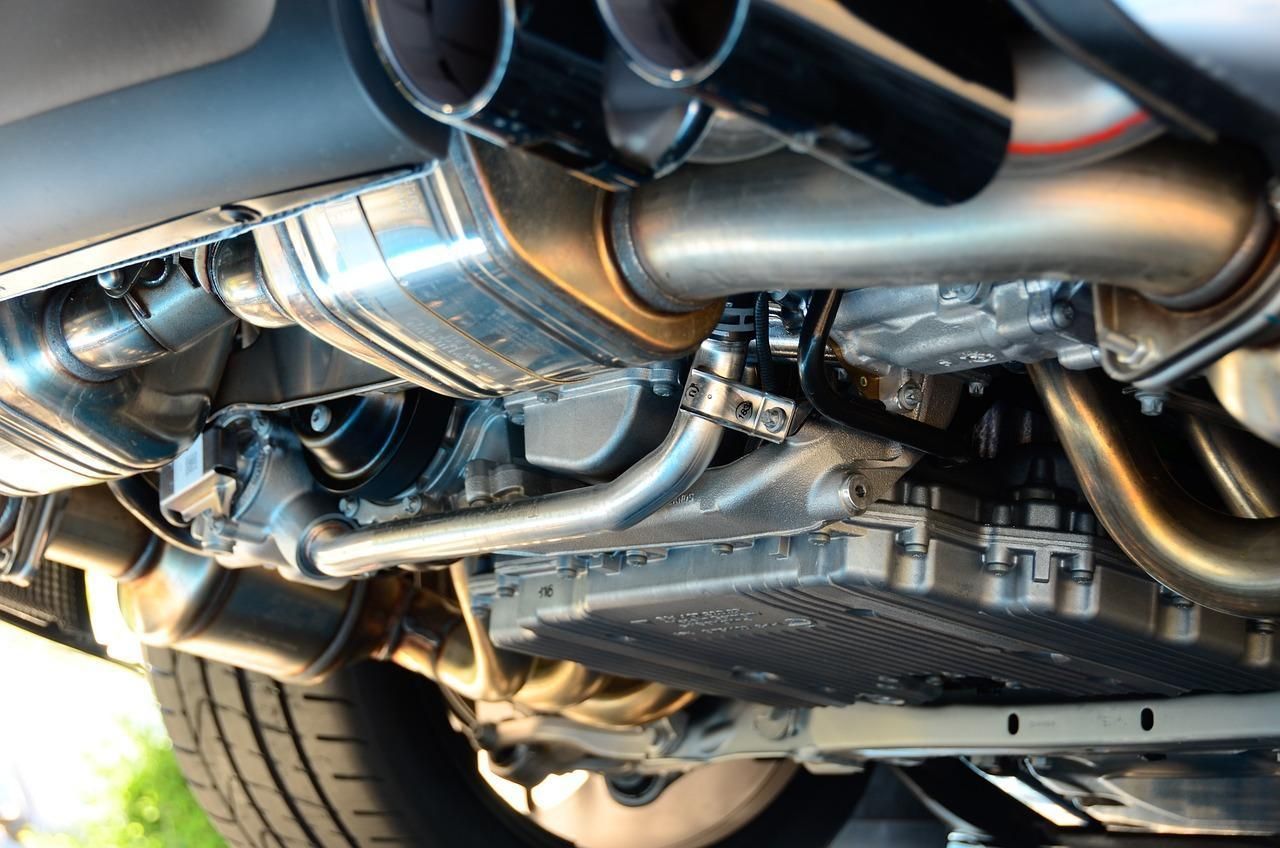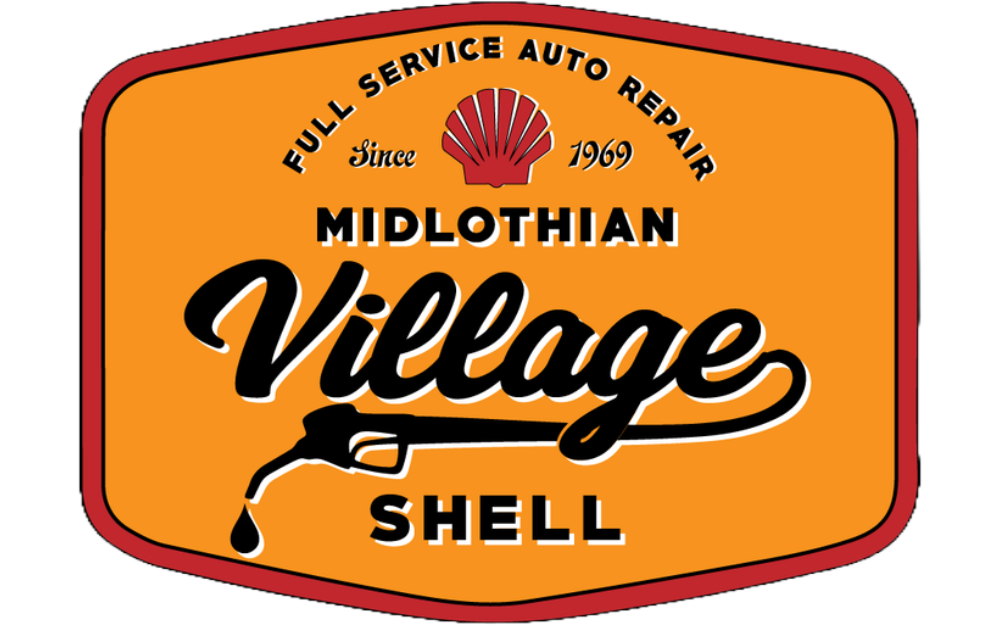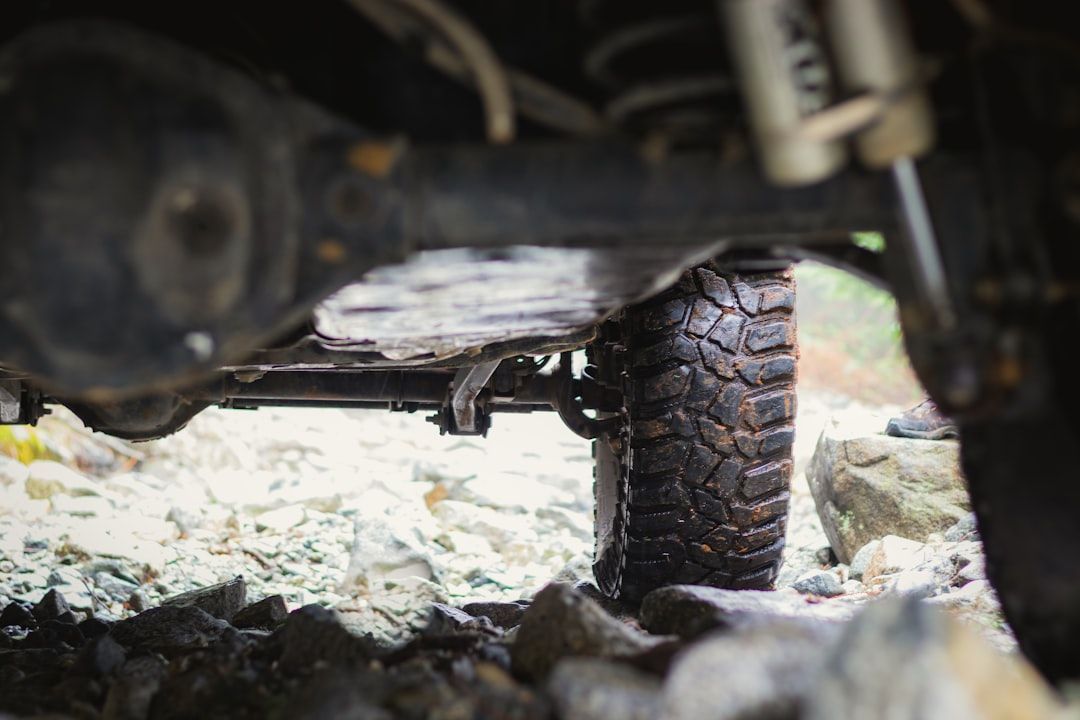Drivetrain
Connecting Elements: The Role of Vehicle Drivetrains in Performance
Your vehicle drivetrain, sometimes called the powertrain, moves power from the engine to the wheels. Its components are the reason your vehicle moves. These components rely on each other to deliver torque and rotational force. The experienced service professionals at Midlothian Village Shell
can diagnose and repair drivetrain problems before they become dangerous and costly.

Drivetrain Components and Maintenance Warning Signs
Drivetrain components are complex, and you should not repair them yourself. Let the respected professionals at Midlothian Village Shell help when you notice the warning signs.
Engine
Your vehicle's engine is the primary power source. The engine generates the torque and rotational force transmitted through other components to the wheels. A check engine light, loss of power, stalling, and unusual noises are all signs that you should bring your vehicle in for maintenance.
Our highly-trained team at Midlothian Village Shell will run diagnostics on your engine and check for problems such as low oil levels and contamination, bad spark plugs, worn bearings, and damage to other vital engine parts.
Transmission System
The transmission controls the power output from the engine and helps transfer that power to the wheels. You can choose the gear you want if you have a manual transmission with a clutch.
If your vehicle does not shift properly or you notice a delay in getting into drive or reverse, you may have a transmission problem. A burning odor indicates your transmission fluid is low or dirty. Unusual sounds might also indicate a problem with your transmission or a constant velocity joint (CV joint).
At Midlothian Village Shell, we will check your fluid and belts and inspect the gearbox and other components. We can replace worn-out or damaged parts or rebuild your transmission when necessary.
Driveshaft
The driveshaft, or propeller shaft, transfers rotational power from the transmission to the differential. If you notice heavy vibrations or shaking coming from beneath the vehicle, the problem may lie in the driveshaft. Difficulty turning, shuddering when accelerating, and squeaking noises might also indicate a problem.
Never continue driving if you suspect a bad driveshaft. Instead, bring your vehicle to Midlothian Village Shell, so we can skillfully replace your driveshaft's worn U-joints or yokes or the driveshaft itself when necessary.
Front and Rear Differential
The rear and front differentials are responsible for torque distribution from the driveshaft to the wheels. The driveshaft distributes the torque to each wheel through torque vectoring, allowing the wheels to rotate at different speeds. The differential is in the front in front-wheel drive vehicles and the back in rear-wheel drive vehicles.
The differential is responsible for smooth handling. Problems you notice when turning, accelerating, or braking could be signs of differential damage. Unusual wear on your tires is also a sign that your differential is damaged, as are clunking and grinding sounds from differential gears.
Our technicians at Midlothian Village Shell will check your differential fluid and replace worn gaskets, bearings, gears, or pinion seals. If necessary, we will replace your differential.
Axle
The axles on your vehicle transfer torque from the differential to the wheels. This allows your wheels to rotate and move your vehicle forward. In a worst-case scenario, your vehicle won't move due to a broken axle. Signs of a bent or otherwise damaged axle include slow acceleration, sputtering noises, and wheel vibrations or wobbling.
Midlothian Village Shell will inspect your axles to determine if you need repairs, such as replacing ring gears or the universal joint flange. We can also replace bent or broken axles to get you safely back on the road.
We can diagnose problems with your transaxle, center differential, four-wheel drive, or all-wheel drive. We can replace a damaged transfer case or other critical part.
Keep the Components of Your Drivetrain Operating Smoothly With Help From Midlothian Village Shell
Midlothian Village Shell has been in operation since 2015, proudly helping our neighbors in Midlothian, VA maintain safe, reliable vehicles that operate at peak performance. Our experienced team can diagnose and repair any drivetrain problems.
Fill out our online request for an appointment, call us at
(804) 794-8873, or visit our shop at 13400 Midlothian Turnpike, Midlothian, VA 23113. We offer clear communication, fair pricing, and friendly, reliable service to every customer who comes through the door.




